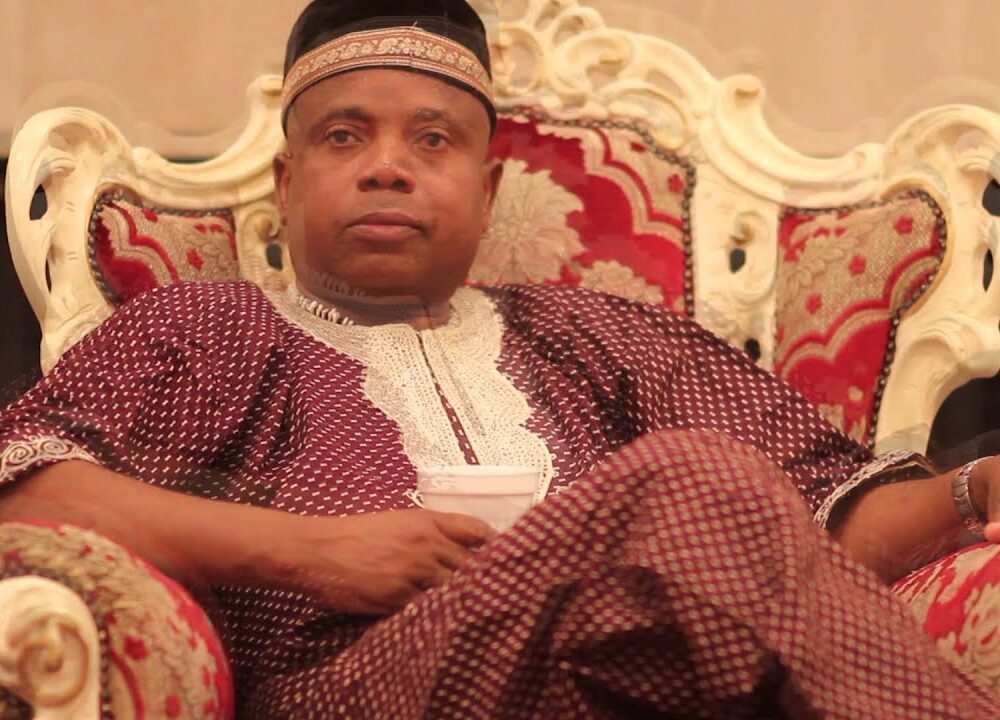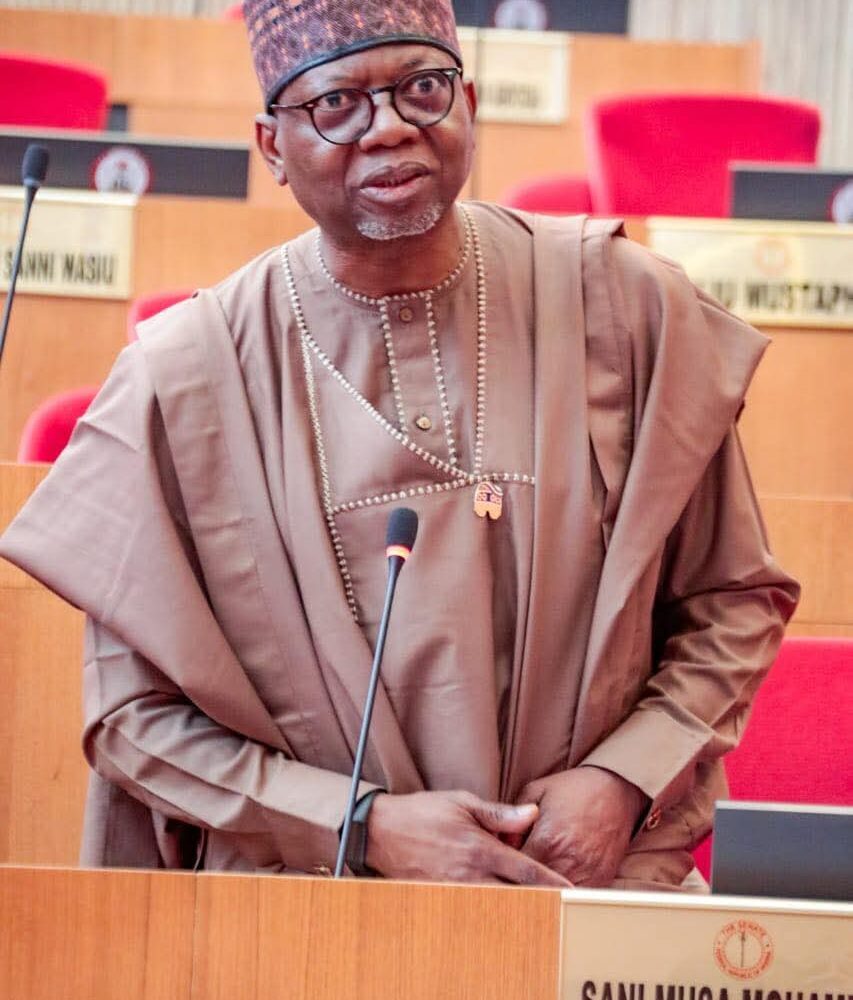At a time like this when the President Bola Tinubu-led administration is deploying every economic formula in his arsenal to stabilize the seriously unstable economic situation of the country, which had been deftly wheeled into the intensive care unit (ICU) by the last administration as a result of its recklessness in money matters, and its condition became more dare because of another necessary surgical removal of the cancerous “fuel subsidy,” it is no surprise that Nigerians are now on the edge as to how governments on every level are handling public expenditures.
While a large proportion of the Nigerian populace is very optimistic that there will soon be a transformational change and economic turn-around of the polity once the members of the president’s economic team are fully settled on their respective chairs, others, perhaps driven by ulterior motives, may have resolved to make it their duty to single out the legislative arm of this government as an instigator of everything that’s wrong with their economic condition.
The National Assembly, in a representative democracy, has traditionally never been the darling of the electorate. It is even now difficult to hide their dislike of the Second Estate as they seem set on procuring utility vehicles, starting from the House to its members. From the foregoing, therefore, the business of legislation has never been more challenging.
While it should be noted that times are hard and that the National Assembly should be circumspect on their expenditures, it should also be stressed that those that drive governance to improve, necessarily, our collective economic condition by the mandate they are given by the same electorate should not be hamstrung in any way by denying them the necessary tools they need for the optimal performance of their duties.
Citing a series of economic realities we are currently facing, thereby implicitly acknowledging the plight of Nigerians, the explanation given by the Chairman of the House Committee on Media and Public Affairs, Hon. Akin Rotimi in a press statement issued on October 15th, 2023 should have been sufficient enough to assuage the chronically skeptics among us that our current crop of lawmakers are a different breed who are not a binge to bastardize our nation’s purse string. He addressed myriads of comments and opinions on the proposed procurement of the vehicles for the House of Representatives members. Hon. Rotimi sounded very convincing as he clarified many grey areas.
While the explanation of the House spokesman did justice to most of the concerns raised by those who are against this vehicle purchase, this debate has brought to the fore the lack of understanding of how the government truly works when it comes to financial/monetary matters. One of the facts of this matter is that the vehicles were approved in the budget of the 9th National Assembly. The spokesman’s response was also detailed enough that it gave the Nigerian people the ironclad fact that the budget of the national assembly is just a paltry 0.5% of the overall budget of the federation and that it has been on a decline over the decade since the beginning of of the Fourth Republic in 1999. One then wonders why the 10th NASS is being blamed for what it is not responsible for.
However, there has been a stereotypic trend among Nigerians that deliberately hyperbolized the national assembly as the custodian of the nation’s wealth. Some would even go ahead to create a scenario in which the constituency allowances given to the Senators or Representatives are spent at the discretion of the legislators.
I also shared the same sentiment until I, alongside some of my colleagues, had an opportunity to meet a former member of the House from Akwa Ibom state who laid bare many things we either assumed or never knew it wasn’t true. While the conversation was on, a girl asked the former legislator why lawmakers spend constituency allowance in a manner she referred to as “extravagant.”
“The constituency allowance has never at any point been in our custody. Such allocation goes directly in batches to the ministries,” he said pointedly.
Our people perhaps have even forgotten that not the legislature, but the executive have a monopoly on government expenditure to the extent that that branch determines almost all the expenditures of the government. While the legislature passes laws, the executive over time controls the apparatus of the government, yet no one has been able to correct how they spend what has now been termed as the “increasing cost of governance.”
While we must continue to advocate for a reduction in the cost of governance, we must also be truthful to ourselves that not the legislators but the executive have monopolized government expenditures at the expense of the Nigerian public.
Not only does the executive claim those largesse of office, but what has not been told or underreported, is that the top officials in the civil service, commissioners, state local government chairmen, etc. also enjoy such benefits, from fleets of official cars to other benefits that allow them to run their offices and support government policies effectively.
But in all this, what most people have left unsaid is the role of the governors of their respective states in addressing or providing succor to the people in these trying times. The president in his wisdom has distributed billions of naira to the governors of each state to cushion the effects of fuel subsidy removal, but how many governors delivered such benefits to the average people in the street?
During his trip to Ogun state alongside his colleagues from the National Assembly, the senate president, His Excellency Godswill Akpabio, echoed the deplorable nature of the roads he and his entourage passed through during their journey from Lagos that he promised that the National Assembly on his watch would give the renovation/ reconstruction of these roads an accelerated support. This is Ogun state, which houses a larger proportion of the country’s manufacturing base and has consistently stayed in the top 5 in the IGR ranking.
That is what an average Nigerian faces every day while plying our roads from Ogun to Kogi or Abia to Ebonyi and many parts of the country. This has made many legislators whose duties are to make laws and perform oversight functions to now take up the roles of constructing roads, bridges, and other infrastructure as a way of supporting the governors and people of their respective states.
Even at this time when the economy requires a lot of work to strengthen our naira, what should be pointed out here with these criticisms is the feeble attempt to pressurize the national assembly to patronize our local vehicle assembly plants. If our naira must compete favourably, not just the politicians but all of us should develop strong preference for locally made products whenever and wherever available.
This is the time Nigerians should advocate for policies that will make a quick turnaround for us. Rather than criticizing, people especially the elites should contribute to progressive policies that would help the common man on the street.





